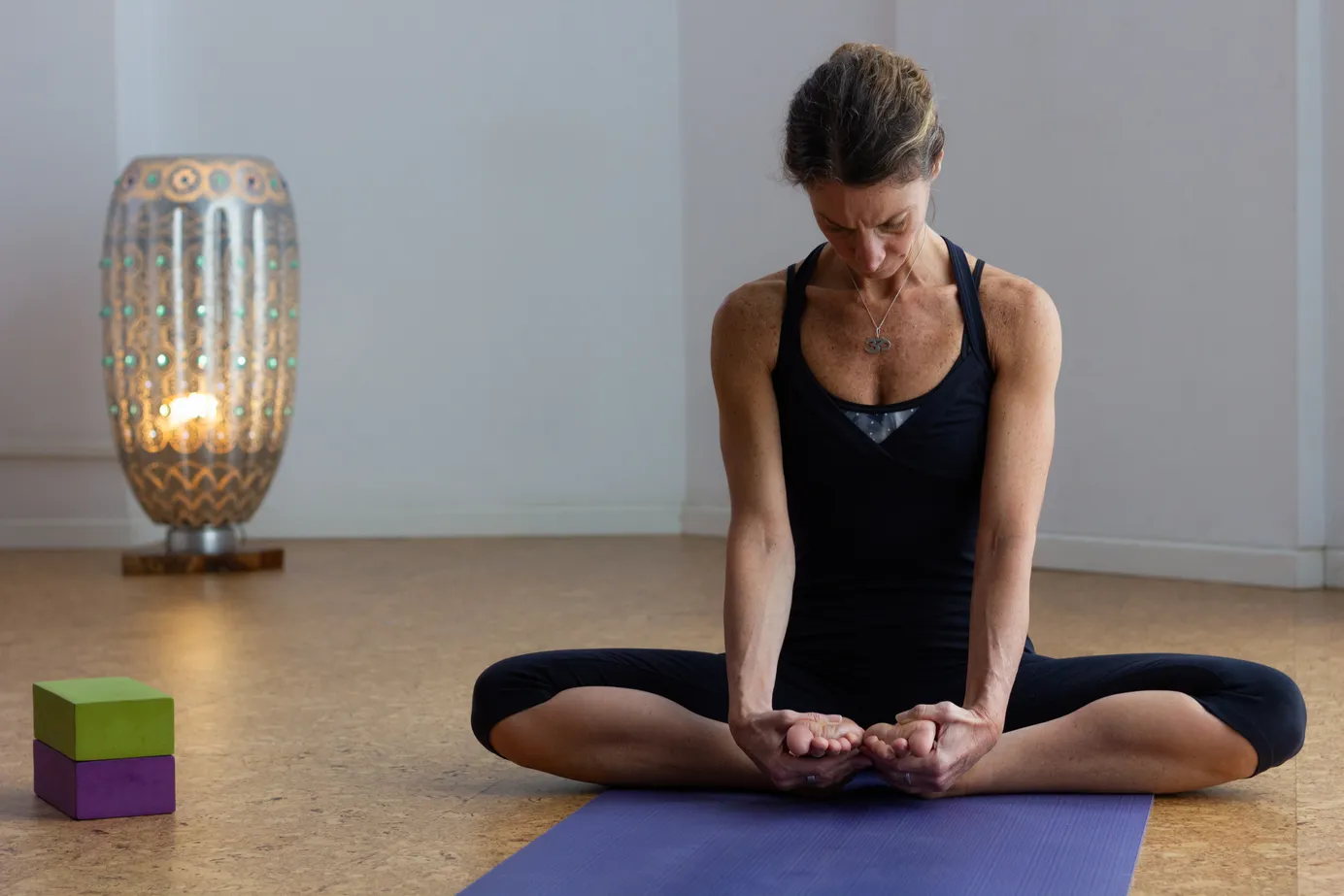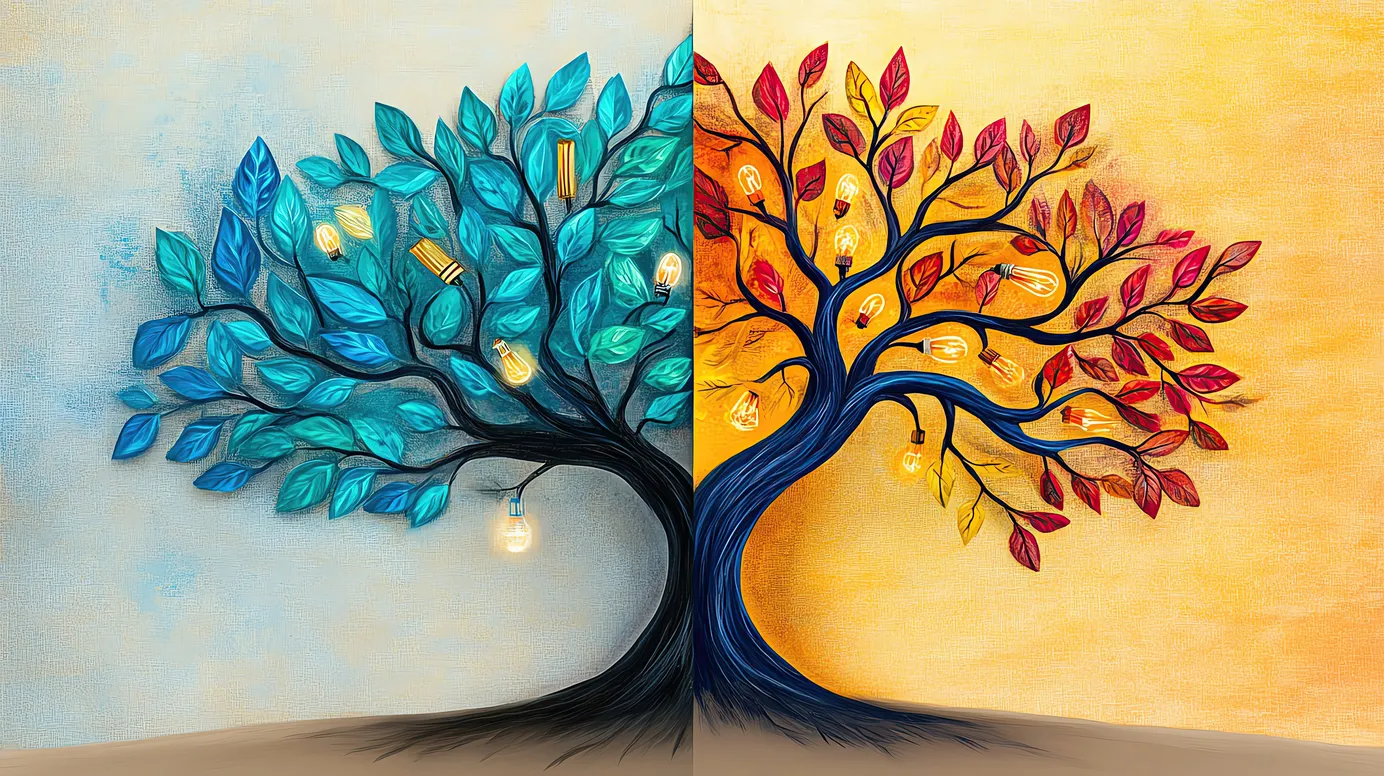How 5 Women Lowered Their Bio Age By 5 Years

Summary: A study suggests lifestyle changes can reverse aging. Learn how diet, sleep, and exercise may reduce biological age.
A groundbreaking study published in the March issue of Ageing suggests that with a few mindful tweaks to our daily habits—such as adjustments to diet, sleep, exercise, and relaxation techniques—we may even be able to turn back the clock on biological aging.
Key Takeaways
The study involved seven participants (six women aged 46 to 65 and one man), who committed to an eight-week program that focused on the following habits:
Dietary Adjustments
Participants included nutrient-rich foods in their meals, such as dark leafy greens, cruciferous and mixed vegetables, pumpkin and sunflower seeds, beetroot, eggs, and liver (or a liver supplement).
Additionally, they incorporated methylation adaptogens, which are foods known to support DNA methylation—a process crucial for regulating gene expression.
Lifestyle Changes
Beyond diet, the program introduced several simple but impactful habits, including:
- Daily supplements like probiotic capsules and greens powder.
- Hydration with at least eight cups of water each day.
- Physical activity—a minimum of 30 minutes daily.
- Stress management through specific breathing exercises.
- Quality sleep with at least seven hours nightly.
- Time-restricted eating with a 12-hour fasting window after the last meal.
The Results
The outcomes were remarkable. Five of the seven participants experienced a reduction in their biological age by up to 11 years, with the group averaging an age reversal of 4.6 years.
Our Take
This research highlights the profound influence of everyday habits on health and aging. While preliminary, the findings suggest that eating healthily, staying active, getting enough sleep, and managing stress can significantly impact how we age.
However, the study also underscores the critical role of mental health. The male participant, who struggled with unmanaged stress, did not experience the same benefits, illustrating how chronic stress can counteract even the best lifestyle practices.
The Mind Body Connection
This theory is further supported by recent research presented at the European Congress of Psychiatry.
Long-term mental health conditions—such as depression, anxiety, and bipolar disorder—have been linked to accelerated biological aging. Far from being a fringe idea, the "mind-body connection" is now mainstream science.
Final Thoughts
While the idea of reversing biological aging may seem ambitious, this study shows what's possible when we prioritize our health. Simple changes, like a nutrient-dense diet, regular exercise, quality sleep, and mindful stress management, could make a world of difference.
For a deeper understanding of this fascinating research, we recommend reading the complete study in Aging. Remember, this overview highlights the essentials—head to the original publication for a more comprehensive explanation.
Taking care of your body and mind may just be the closest thing we have to a fountain of youth!
Got an idea? We want to hear from you!
At The IC, we're always excited to bring fresh perspectives and unique voices to our community.
We'd love to connect if you have feedback, an article idea, or want to join us as a guest writer.
Email us at hello@interludecafe.com or head over to our Contact Us page to get started!






